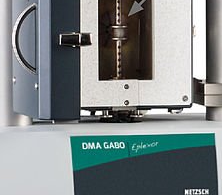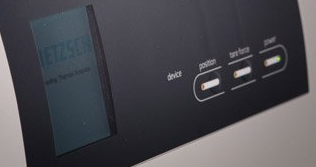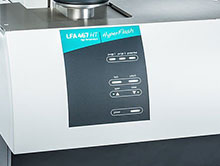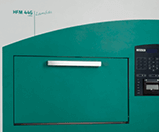The Rosand RH2000 capillary rheometer system enables controlled extrusion (by volumetric flow) of a sample through a high precision die of known dimensions, to characterize material flow properties typically under conditions of high force (or pressure) and/or high shear rate. Using the twin bore barrel option and a ‘zero length’ die configuration allows simultaneous determination of shear viscosity and extensional (elongational) viscosity as a function of shear (or deformation) rate.
A capillary rheometer system comprises several key components to enable robust, reliable and accessible rheological measurements for a particular sample or application:
- Capillary rheometer base unit. Includes the barrel with bore(s) to load the sample – the bore diameter and barrel material must be compatible with the material(s) under test. The base unit also includes a head unit, which has a mechanical connection to the pistons which are used to extrude the sample. Key system functions of drive force and piston speed range are controlled by the base unit.
- Die and pressure transducer combination. The die is mounted at the bottom of the barrel bore, and its dimensions define the applied shear field. A melt pressure transducer is mounted in the barrel to measure the resultant pressure at the die entrance as the material is extruded. The die dimensions and pressure transducer range must be appropriate to the sample type and test under consideration.
- Temperature and/or environmental control options. Accurate control of barrel temperature is essential since rheological properties are a strong function of temperature. For thermally-sensitive materials, thermal equilibrium times and inert test environments are critical considerations to ensure reliable data.
- Instrument software. Rheological testing can be, by its nature, relatively complex to set up. The Rosand Flowmaster software interface is designed for simplicity and ease-of use with intuitive test set-up methodology in conjunction with a ‘live’ instrument graphic at run time reporting all key test and measurement parameters.



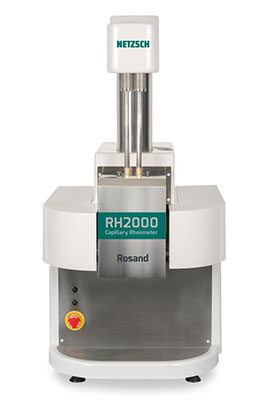
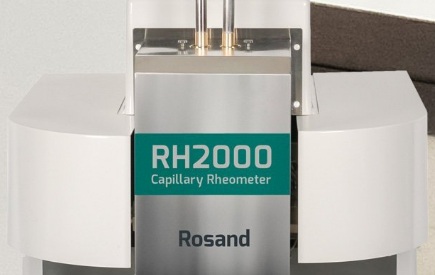
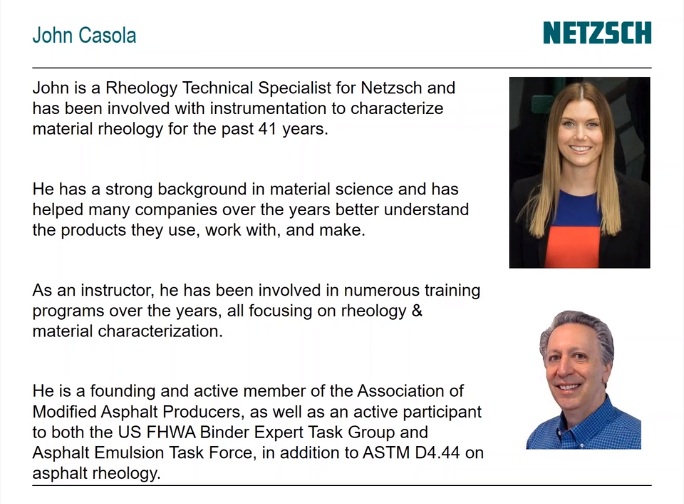
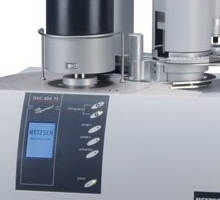
4.png)

